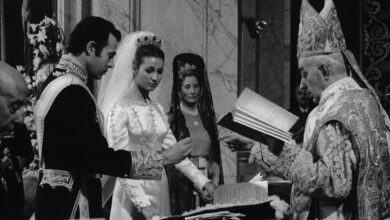
In Spain, when selling real estate through an agency, one of the key documents is the so-called nota de encargo. This contract outlines the terms of cooperation between the property owner and the agent, and also sets out the rights and obligations of both parties.
The nota de encargo, sometimes referred to as an assignment sheet, is signed between the property owner and the real estate agency. The document details the conditions under which the agency will market the property, as well as the protocol for interaction between the parties. Specifically, it states the agency’s fee, the method of payment, the duration of the contract, and the asking price.
The main purpose of the nota de encargo is to ensure transparency in the transaction and protect the interests of both the seller and the agency. This document helps prevent misunderstandings by clearly defining who is responsible for what, as well as the obligations each party assumes. In the event of disputes or violations of the contract terms, the nota de encargo serves as the basis for filing claims, including in court.
At the national level, issuing a nota de encargo is not mandatory. However, in a number of autonomous communities, such as Catalonia, this agreement is required by law. In these regions, real estate agencies must sign written agreements with property owners when taking on the sale of a home. Catalonian legislation specifically requires agents to act in good faith, professionally and independently, and to respect consumer rights.
Even in places where the nota de encargo is not compulsory, its absence may raise questions about the agency’s good faith. Furthermore, throughout Spain, the Consumer Rights Protection Act applies, allowing the seller to withdraw from the contract without penalty within 14 days of signing.
There are two main types of nota de encargo. The first is exclusive, where the seller entrusts the sale solely to one agency and cannot offer the property independently or through other intermediaries. In this case, the agreement usually specifies the period during which exclusivity applies. The second option is a non-exclusive nota de encargo, which allows the owner to approach other agents in parallel or sell the property independently.
The contents of the nota de encargo may vary by region, but the document typically includes the following information:
- Agency details and agent registration number;
- Information about the owner and, if necessary, their representative;
- The validity period of the mandate;
- Description of the property and its registration details, as well as information about possible encumbrances;
- Terms of sale, including price, payment procedures, and allocation of costs;
- Legal considerations that may affect the transaction (for example, ongoing legal proceedings);
- The agency’s fee amount and payment method;
- The rights and obligations of the parties, as well as the agent’s authority.
It is important that the contract outlines all essential terms and complies with personal data protection requirements.
Thus, the nota de encargo is not just a formality, but an important tool that helps make the process of selling real estate in Spain more transparent and secure for all parties involved.











